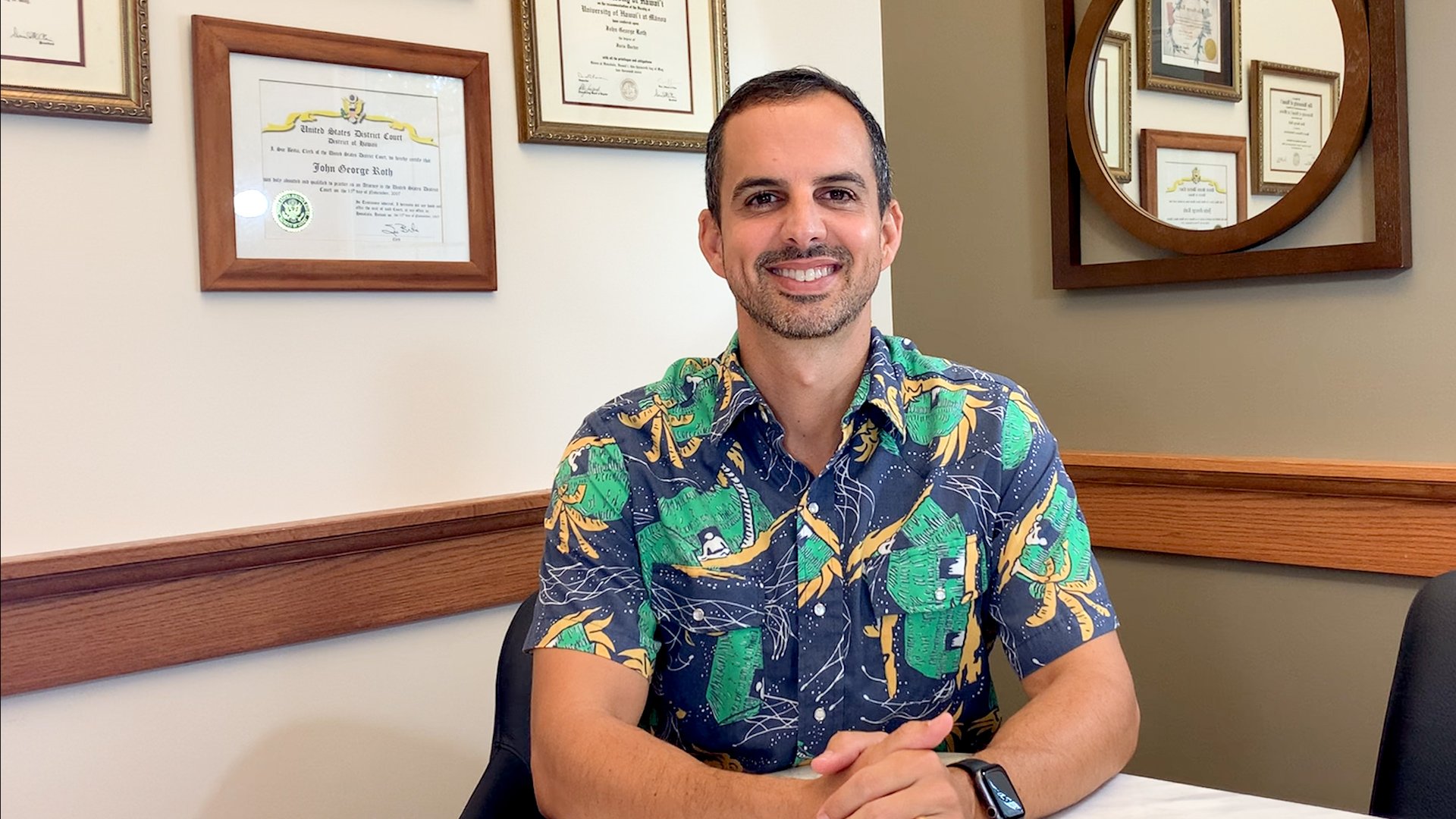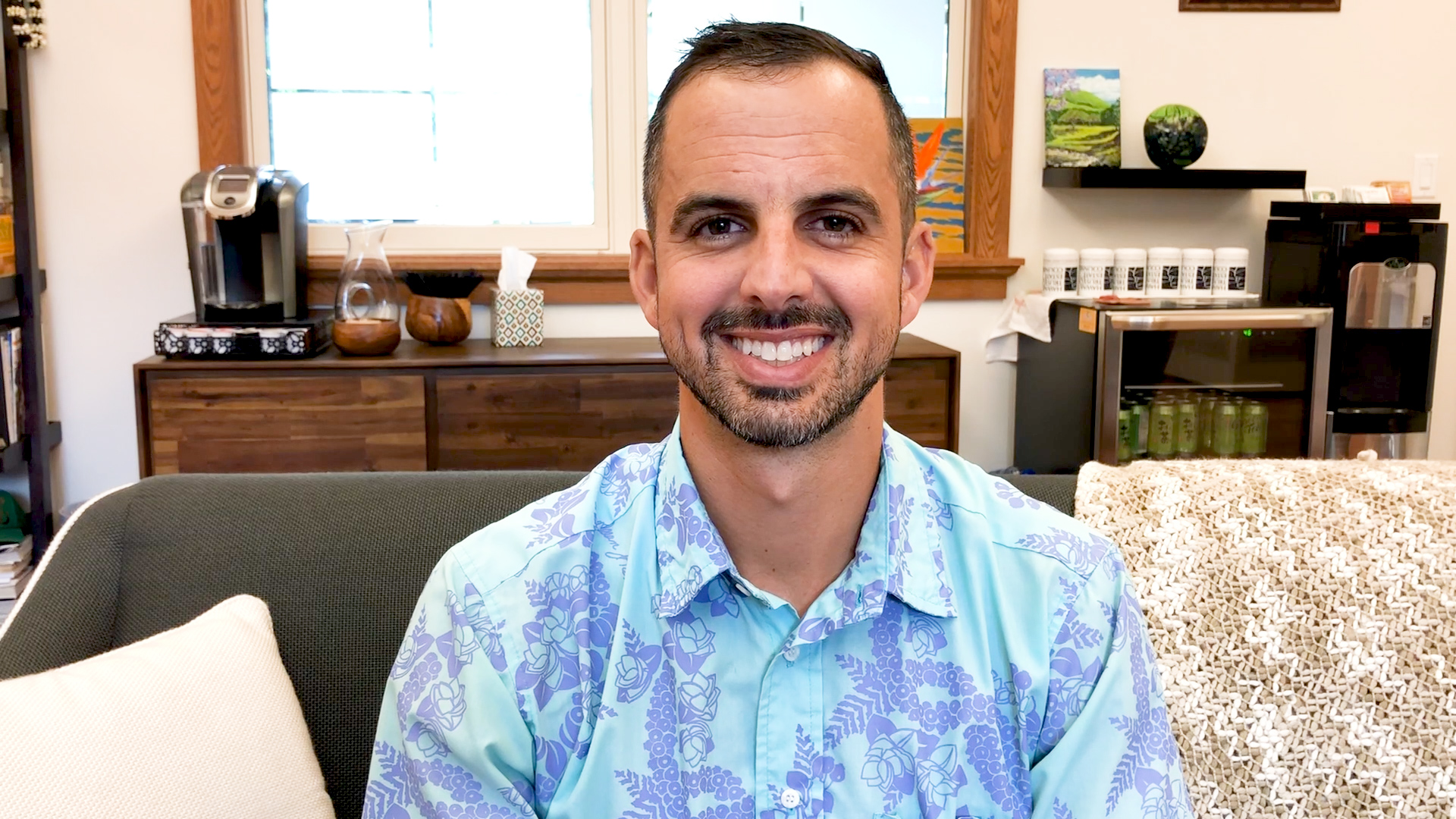Who we help
About Us
Our firm only concentrates on estate planning. We focus on our clients’ goals and concerns. This makes it possible for us to provide a personalized estate plan that provides peace of mind for each client.
Estate Planning is necessary because, as the old expression goes, "You can't take it with you." People need a will or will substitute, such as a revocable living trust, if they want to control who inherits their property and how and when that inheritance is received, to minimize administration costs, and to avoid unnecessary taxes. A well-planned estate is a gift to your loved ones and provides you peace of mind. It is part of your legacy.
Everyone has a different story and should have a unique estate plan. In most cases, the first meeting with one of our attorneys is complementary and serves the purpose of understanding your goals and educating you on your options. Depending on the option that is right for you, we will give you a price quote at the first meeting, before moving forward with your plan. Feel free to explore the basic information on our website.
If you have any questions, do not hesitate to call, email, or set up a meeting. We have three offices on Hawai`i Island (the Big Island): in Kamuela (Waimea), Kona, and Hilo, and an office in Wailuku, on Maui. We also make house calls on Oahu.
Practice Areas
BASIC ESTATE PLANNING
The basic estate planning documents generally consist of the following: a will, disposition of remains, revocable living trust (if needed), durable power of attorney, advance health care directive, and HIPAA Release Form.
A properly executed will determines the distribution of real and personal property at death and names a person to administer the estate. Jointly owned property will pass automatically to the surviving owner(s) and will not be affected by your will.
2. DISPOSITION OF REMAINS
After life, this burial instructions document designates how remains are handled (usually cremation vs. burial), who works with the mortuary or crematory, and may include other specific instructions.
A trust can be used to avoid probate, which may save some settlement costs, especially if you own real property located outside of Hawai`i. A trust can be helpful in the event of your incapacity and can provide for management of assets for children or other beneficiaries after your death. At times, a trust may also be indicated for estate tax reasons.
A power of attorney appoints another individual to act as your agent on your behalf. This document can be especially important if you become incapacitated. The alternative, a court-appointed guardian, requires legal proceedings that can be slow, expensive, public, and onerous over time.
5. ADVANCE HEALTH CARE DIRECTIVE
An advance health care directive (referred to sometimes as a Living Will and Healthcare Power of Attorney) facilitates the making of health care decisions by your agent if you are unable to make them yourself. Not having an advance health care directive leaves such decisions to your doctor and may result in uncertainty and family disharmony.
The Health Insurance Portability and Accountability Act (HIPAA) protects privacy of personal medical information. This form authorizes the disclosure of personal health information to the persons/entities designated, which is useful in the event of incapacity.
MAKE AN INFORMED DECISION
There are many misconceptions about estate planning. For example, while many people may believe they must avoid probate by using a revocable living trust, in actuality a simple will may suffice. Now that Hawai`i has adopted the Uniform Probate Code, probate administration can often be uncomplicated, expedient and more economical than creation of a trust. Circumstances vary, however, and the perfect estate plan in one person's situation can be a terrible plan for someone else. Estate planning is not a one-size-fits-all proposition.
PROBATE ADMINISTRATION
The word PROBATE often has negative connotations, but it serves an important purpose and is widely misunderstood. This section will look more closely at the probate process.
QUICK DEFINITION
Probate is the process by which an individual obtains court authority to manage a decedent's assets. The Personal Representative (or Executor) is responsible for protecting the assets, paying creditors and distributing the balance to the proper beneficiaries.
WHAT TRIGGERS PROBATE?
A probate administration is required only in situations where a decedent owned assets in his or her name alone at death. These assets were not jointly held with rights of survivorship in another, and they did not have designated beneficiaries (as would often be the case for life insurance and retirement accounts). A simplified procedure is available for decedents who did not own real property and who had less than $100,000 in personal property.
BACKGROUND
Probate has long had a bad reputation, primarily because it used to be very time-consuming and expensive. Probate administration is controlled by State law and the process (and expense involved) varies widely from state to state. Hawai`i adopted a new set of laws in 1998, which dramatically changed and simplified the probate procedure in Hawai`i.
OLD PROBATE LAWS
The old probate law required court hearings, public accountings and ongoing court supervision. It could take over a month for a Personal Representative to be appointed with the authority to handle the estate assets. In addition, the fees of the Personal Representative and the estate attorneys were based upon the gross value of the estate assets - not on the complexity, or relative simplicity, of the estate administration.
NEW PROBATE LAWS
With the adoption of the new probate law in 1998, the process has become much simpler. A Personal Representative may be appointed more quickly after death and may administer the estate without court hearings or supervision unless requested by an interested person (Informal Probate). Also, now fees must be "reasonable", not just a flat percentage of the estate value regardless of the extent of services actually required.
OUR SERVICES
When contacted by the survivors of a decedent, we will generally set up a meeting to discuss the decedent's family and wishes, the estate assets and values, and the identity and extent of estate administration required. Of course, recognizing and acknowledging family dynamics is also very important. We help identify the steps needed to tie up all loose ends, whether probate or other estate administration is required.
TRUST ADMINISTRATION
A TRUST may be used in addition to a will to determine when, how and to whom a decedent's assets will be distributed. If the trust is created during life by a Settlor or Grantor, and if all significant assets are transferred into it, a probate will not be required. The trust "survives" death and may continue well beyond it; the Successor Trustee will be in charge of its administration and the management of the assets until the trust terminates and those assets are distributed.
The responsibilities of a Trustee and Personal Representative are very similar. Each must protect assets, pay creditors, and hold and/or distribute the estate assets to the designated beneficiaries.
A Successor Trustee may generally assume his or her responsibilities without court appointment. As with any administration, however, additional institution-specific documentation may be required for some assets, such as bank or investment accounts.
While ongoing trust administration generally does not require court supervision - or any court involvement at all - Trustees are held to a fiduciary standard that can be enforced in court by the beneficiaries, if necessary.
OUR SERVICES: We are available to review and explain the terms of a trust, to advise a trustee about his or her fiduciary duties and the responsibilities owed to the trust beneficiaries, and to explain the workings of an continuing trust to all involved. We can also assist with ongoing trust administration, distributions and termination. Generally we do not, however, handle trust litigation.
CHARITABLE GIVING
As most people are aware, a gift to CHARITY can be advantageous for tax purposes, as well as satisfying a person's philanthropic inclinations. Charitable gifts can be structured in many ways, and the nature of the gift and the donor's intent will determine the most appropriate vehicle. It may be a simple bequest of funds in a will, an annuity that pays something back to the donor for life, or a complex continuing trust that will benefit both the donor's family and/or the charity at different times and in different ways.
If you would like to further discuss the options available for charitable giving, please do not hesitate to contact our office.
MEDICAID AWARENESS
Although much of estate planning focuses on those with significant assets, those of modest means also need to plan ahead if they wish to preserve a portion of their estate for their heirs. In the face of staggering medical and nursing home costs, government healthcare assistance may be a person's only option.
MEDICAID is the federally funded medical assistance program implemented by each State independently. It differs from Medicare in that everyone qualifies for Medicare once they reach a certain age (currently 65), but Medicaid is available only to the poor and strict income and asset limits apply. In addition, severe penalties may apply if a person gives away assets in an attempt to qualify for benefits.
Hawai'i's program is called MedQuest, and additional information, including eligibility requirements, may be obtained from their website: MED-QUEST WEBSITE LINK
If you would like to further discuss the Federal and State medical assistance rules and how they may impact your estate, please do not hesitate to contact our office.
ASSET PROTECTION
Hawai'i is one of several states that recognizes a special type of property ownership for a married couple called "tenants-by-the-entirety." Such ownership is often used for real property and serves to PROTECT the whole of the property from the creditors of either individual spouse. (It does not, however, protect against a joint creditor such as a mortgage company, where both spouses may be guarantors.)
In the past this protection was lost upon any transfer that broke the tenancy, such as a transfer to trust. Under a new Hawai'i law, however, married couples may now maintain the creditor protection afforded them as tenants-by-the-entirety even after the property is transferred into trust. If property is already in trust, however, it must be deeded out and then deeded back into trust to benefit from the new law.
REASONS TO REVIEW OR UPDATE YOUR ESTATE PLAN
The industry standard recommends you review your estate plan every four to five years. You might not need to update it, but should at least review your plan with an attorney. This rule of thumb is based on relevant law changing roughly every four to five years. Also, your Advance Health-care Directive and Power of Attorney may not be accepted by health and financial institutions after they are five years old. For most of us, our lives change over the course of a few years and our goals might not be the same as when the plan was originally made.
Here’s a list of reasons your Will or Trust should be updated:
1. Estate Plan not reviewed in the past 4 years
2. Estate Plan not prepared in the State you live in
3. Change in marital status
4. Become a new, first-time parent
5. Executor/Trustee dies or no longer able to serve
6. Substantial change in net worth
7. Reason to expect substantial future inheritance
8. Significant change in health or ability/desire to manage finances
It’s easy to do your estate plan, then leave it in drawer for years. Your estate plan should change as your life changes, so that it reflects your current wishes and goals. Our firm, like many others, does not charge for a routine review with clients.
Still not sure? Watch this video of attorney John Roth explaining when to update an estate plan.




























What assets should you put in your trust? Avoiding probate, planning in case of incapacity, and making things as easier for loved ones after your death are all things to consider.